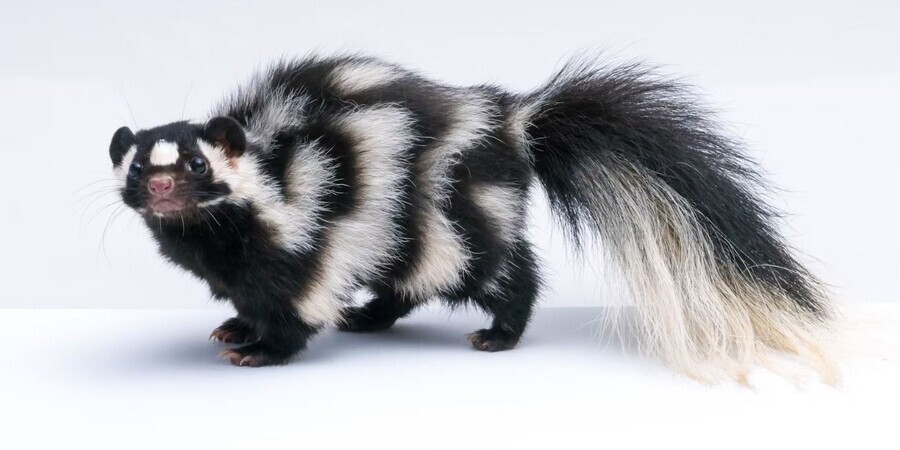VIRGINIA - While the idea of a de-scented, domesticated skunk might seem like a unique and charming pet, Virginia residents must admire them from a distance. In the Commonwealth of Virginia, it is illegal for private citizens to own a skunk as a pet. This restriction is not arbitrary; it is a firm regulation rooted in significant public health and safety concerns, primarily the risk of rabies.
The Law and Regulations:
The prohibition against keeping skunks and other wild animals as pets is clearly outlined in the Virginia Administrative Code, specifically under regulations managed by the Virginia Department of Wildlife Resources (DWR). The code (4VAC15-30-40) makes it unlawful to possess, import, sell, or liberate a variety of native and non-native (exotic) animals. Skunks are explicitly listed among the species that are illegal to keep.
The Primary Reason: Rabies
The number one reason behind the ban is the serious threat of rabies.
- High-Risk Species: Skunks, along with raccoons, foxes, and bats, are classified as a primary rabies vector species in Virginia. This means they are among the most common wild animals to carry and transmit the deadly virus.
- No Approved Vaccine: There is no approved rabies vaccine specifically for skunks. While a skunk could be given a vaccine intended for a cat or dog, there is no scientific data to prove it would be effective.
- Public Health Risk: Because of the lack of an approved vaccine, if a pet skunk were to bite or scratch a person, health officials would have no choice but to treat it as a potential rabies exposure. In most cases, this would require the animal to be seized and euthanized so its brain tissue could be tested for the virus.
Protecting Wildlife and the Public:
The law is in place to protect both the human population and the animals themselves. Prohibiting the private ownership of wild animals like skunks helps to prevent the potential spread of diseases from wildlife to humans and domestic pets. It also discourages the illegal trafficking of wild animals, which can be harmful to native ecosystems.
While domesticated skunks are bred in captivity in some states where they are legal, Virginia law does not make a distinction, banning the possession of the species as a whole to ensure public health and safety.

Sources:
- Virginia Department of Wildlife Resources (DWR)
- Virginia Department of Health (VDH) - Rabies Control
- Code of Virginia & Virginia Administrative Code
- The Humane Society of the United States
- Animal Law Information Center


